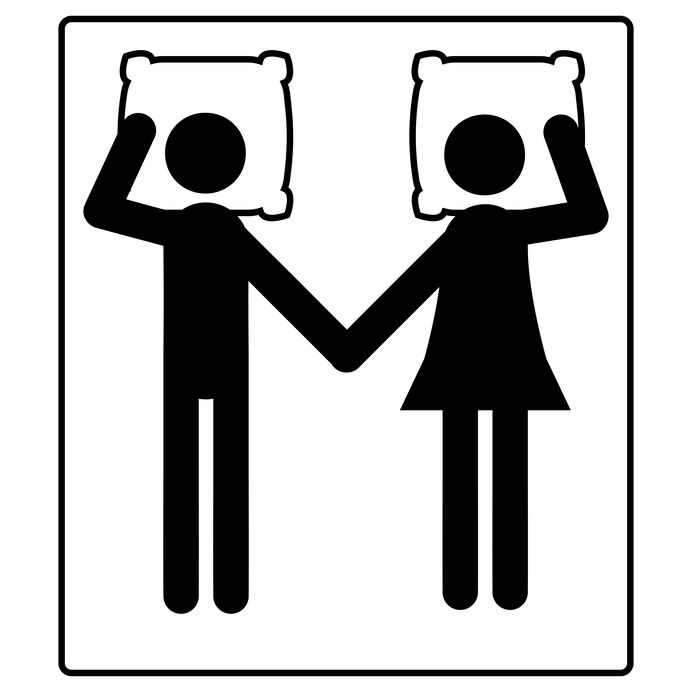As a therapist you learn a lot from your clients. Earlier in my career, I had an experience that taught me much about communication, especially people in a long-term relationship.
I was counseling a couple* and one of the wife’s complaints was that her husband didn’t open up to her. He wouldn’t tell her what he was really feeling. This frustrated her and at times she would continue to press him, which only added to their irritation and displeasure. This dynamic became a huge barrier between them and reinforced a lot of their conflict.
The truth was that the husband was very quiet. We had explored the issue some and discovered that he grew up in a fairly non-communicative household and was not used to airing his view and feelings so openly.
By about the fourth session, I had tried to encourage communication and he was close to starting to open up. Then, during the next session, it happened. I was about to learn an important part of communication.
I remember quite clearly him taking a deep breath and starting to talk.
“I get frustrated,” he said, “When you pressure me to talk. I feel….”
“Why the hell do you feel like that?” his wife curtly interrupted. “There’s no reason to feel that. I am your wife, for goodness sake’s. Don’t you think I have a right to know what’s on my husband’s mind? And another thing…” She was gathering steam; then her husband stood up.
“That’s why I never say anything to her! She can’t listen. She can only criticize! Why would I tell you anything?” he yelled. “You’re not prepared to listen.”
He had hit the nail squarely on the head.
People will not open up to you in any setting — home, business, wherever — if they think they will be dismissed, disrespected, criticized and ridiculed. The problem wasn’t so much the husband’s lack of practice at opening up and expressing himself, it was lack of trust that his wife would take him seriously and respect him.
It’s easy to conclude that the quiet person who isn’t forthcoming has the communication problem, but I learned that day, that the listener has to create a safe communication environment that will allow his or her spouse to feel that they can be honest without getting attacked, criticized and reprimanded.
This has been one of the focuses of my work with couples because without communication, they don’t stand much of a chance. However, effective communication will only come when the couple has created a safe, trusting environment in which honesty and truth are encouraged.
I have seen couples transform their relationships when they understood this key principle.
A trusting, safe communication environment doesn’t mean that you accept everything your spouse says, or agree with every feeling; far from it. However, if you the problem can’t be expressed it can’t be dealt with effectively.
The secret then is to create an environment where there is enough trust and respect to recognize your partner has other opinions, perspectives and feelings and feels safe enough — and loved enough — to be able to express them.
This dynamic applies in every communication situation but it particularly affects couples because men and women often communicate quite differently.
So, if you want authenticity and openness be prepared to provide the environment that can encourage it.
*In addition to not identifying the couple in this blog, I received permission from the couple to use this example in written form.
Copyright: sjenner13 / 123RF Stock Photo



